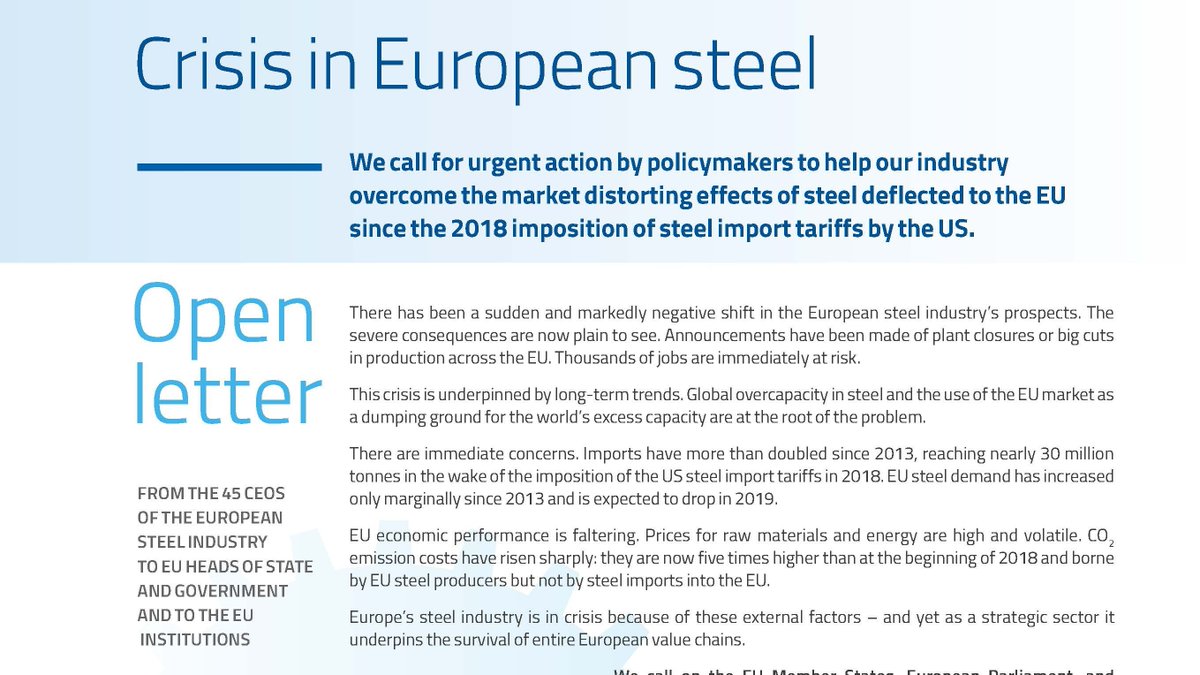
Gurov (Russia, Moscow) – PhD in Economics, Board Member of Master Program “Financial Analytics”. Galkin (Russia, Moscow) – Researcher of Applied Finance Research Center. Accounting mechanism for information signals about the imposition of sanctions in valuation of a company. Keywords: sanctions stock value estimates intrinsic stock value estimationįor citation: Galkin, A. At the same time, the research in this field should be continued in order to develop a methodology for equity capital valuation adjustment that will be instrumental in consideration of variance in bias and emergence of the so-called “thick tails” in the distribution of stock returns under receipt of information signals on the imposition of sanctions.

This mechanism makes it possible to consider both changes in expectations regarding cash flows and changes in the cost of capital for companies.
Value imposition update#
The study is based on the dynamics of financial indicators of stock returns of the 40 most marketable Russian companies.Ī mechanism is proposed for accounting the informational signals about sanctions, which makes it possible to avoid behavioral effects and update adequately the intrinsic stock value estimates upon receipt of new information on the imposition of sanctions. The study is based on such methods as analysis, synthesis, the longitudinal method, as well as the method of discounted cash flows. In this regard, a mechanism should be developed for adequate update of stock value estimates upon receipt of new information signals about the imposition of sanctions. Due to the presence of behavioral effects, as well as to the incorrect accounting of incoming information, the risk of obtaining inaccurate stock value estimates increases. Above all, suppression of facts is clearly qualified by the word 'willful' in the Section.Investors have to review regularly their forecasts and stock value estimates taking into consideration the imposition of sanctions against Russian companies. Proving the authorities wrong for still imposing the penalty, CESTAT ruled, "When the facts are known to both the parties, omission by one party to do what he might have done would not render it suppression. Once recorded in the accounts books of the appellants, the allegation of intentional evasion was merely an assumption. The deficiency had occurred even before the issue of impugned show cause notice.Īlso, the credit was properly being recorded in their returns at the time of receiving and even while reversing it. Thus, the tribunal held that there was no intentional evasion, but only an error between the two units of the appellant for availing the credit without bifurcating the same inter se. So, the eligibility of the claim of the credit stood admitted. It happened, despite being claimed by the first unit. Yet, the amount was not further distributed to the second unit of the appellant. The Coram of the judicial member, Rachna Gupta noted that the amount was not proportionately bifurcated between both the units of the appellants. Thus it was understood that the issue was either merely of the wrong apportionment of credit between the appellants' both units (a bonafide clerical error), or it was a case of intentional malafide to evade payment of duty. However, during the audit of records of the appellant, the audit officers noticed that the appellants had short-paid the service tax and had erroneously availed the CENVAT credit. Simultaneously, they utilized the same for payment of duty on their final products. Ltd, engaged in the manufacture of bulk drugs, was availing the CENVAT credit on inputs, capital goods and input services.


The Hyderabad Bench of Customs, Excise and Service Tax Appellate Tribunal (CESTAT) has held that penalty cannot be imposed for mere wrong apportionment of Central Value Added Tax (CENVAT) credit between two units, as it was just a 'clerical error'.

The Coram of judicial member Rachna Gupta holds the authorities responsible for wrongful punishment No imposition of penalty for apportionment of Central Value Tax: CESTAT


 0 kommentar(er)
0 kommentar(er)
